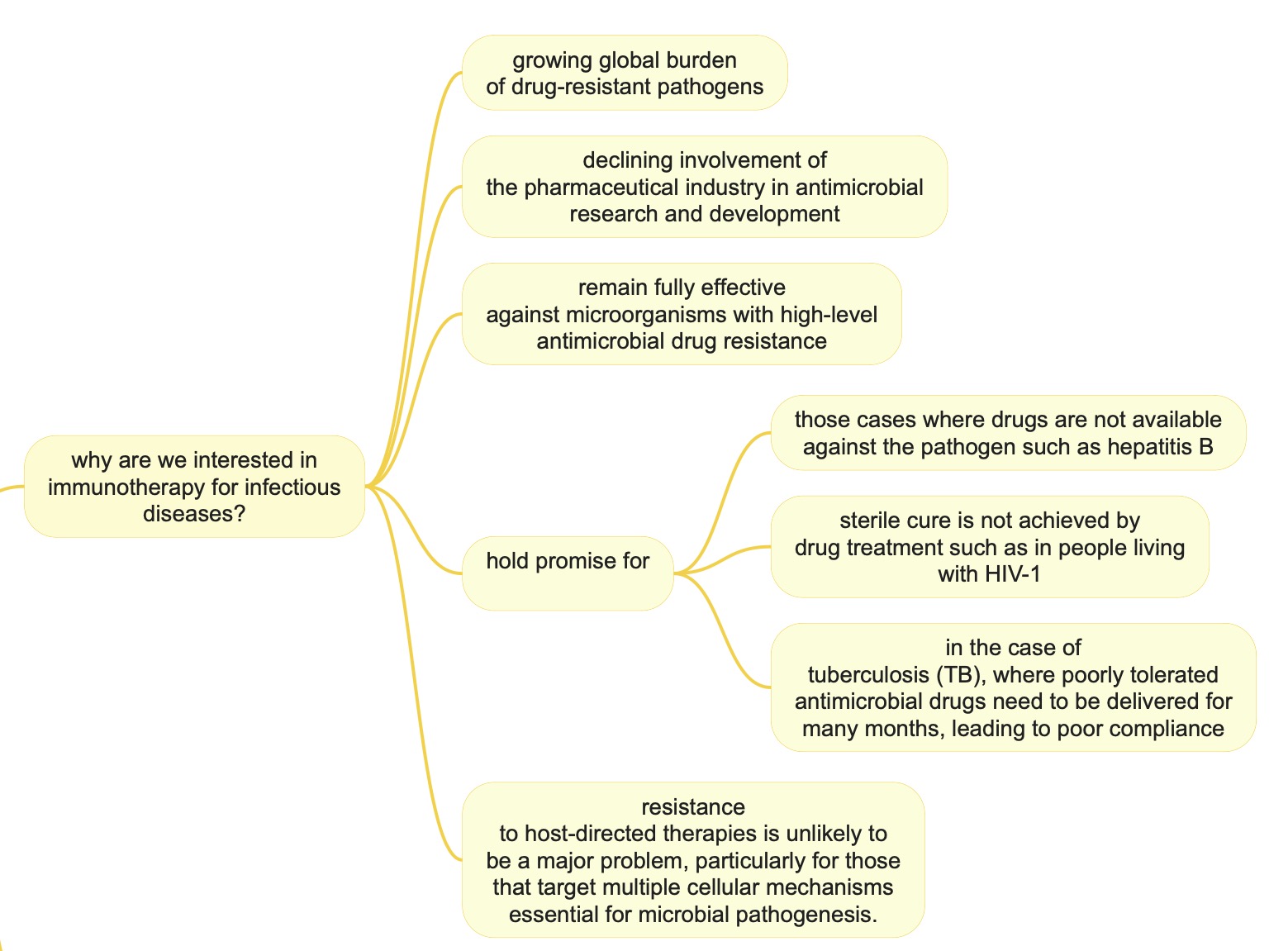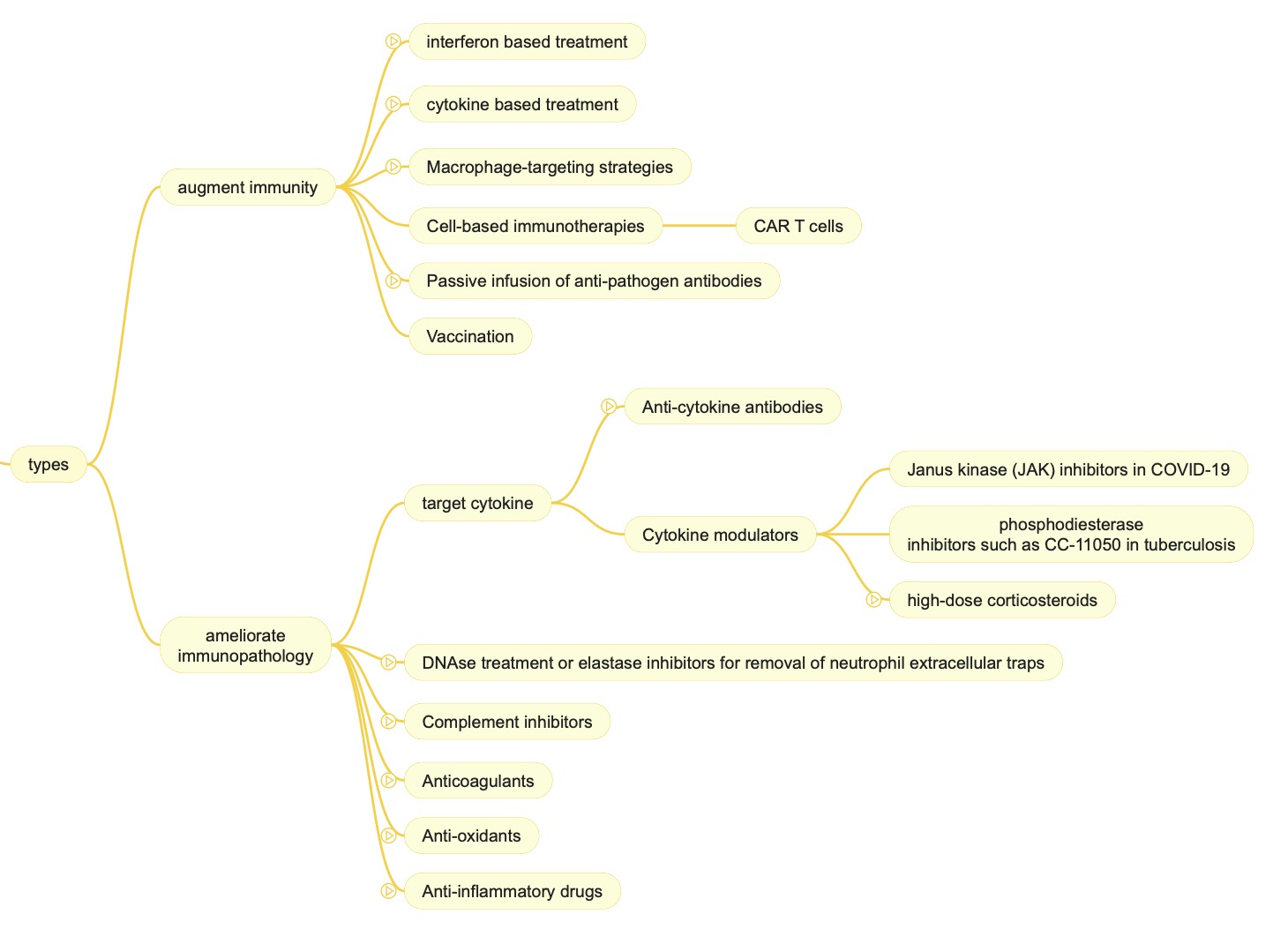Section: Topic 1: Immunology and Immunotherapy | MM302 Immunology and Infection (Trial) | IMU ODL
-
-
In this section, we will have an overview of the human immune system. The human immune system can be divided into innate immunity and adaptive immunity. These two types of immunity have distinctive characteristics and involve different types of cells, chemicals and physical barriers.
Besides, important aspects of the immune system such as 1. signal transduction, 2. leukocyte circulation and migration into tissues, 3. lymphatic system and 4. cytokine will also be discussed.
-
The innate immunity provides the first line of defense against infectious microbes. Besides, the innate immunity is also responsible for the elimination of damaged cells and initiation of tissue repair processes.
It is crucial to realise that the innate and adaptive immunities are not mutually exclusive of each other. The innate immunity plays important role in stimulating the adaptive immune responses so that the adaptive immunity could be developed and become more effective in eradicating the pathogens.
-
The adaptive immunity initiates much slower compared to innate immunity upon microbial infection. However, adaptive immunity provides immunity towards microbes which do not portray antigens that can be recognised by innate immunity.
Adaptive immunity can be divided into cell mediated immunity and humoral immunity. In this section, the process of the development of adaptive immunity will be discussed.
-
Topic 1: Guided reading: Immunotherapy
The emergence of drug-resistant pathogens has triggered our interest in developing host-directed immunotherapy.
In this section, we will briefly discuss the benefits of using immunotherapy for communicable diseases and the general types of immunotherapy serving this objective.

In general, immunotherapy excels in the aspect of low resistance from pathogens.
Immunotherapy is used to combat pathogens by 1. augmenting immunity to kill the pathogens and 2. suppressing inappropriate immune responses that leads to undesirable symptoms.
-
Topic 1: Discussion: Reflective Writing
Prion has not been included in the discussion above. Discuss with your peers about the immune responses against prion via Microsoft Teams group.
Font Face
Background Colour
Font Size
Text Colour

